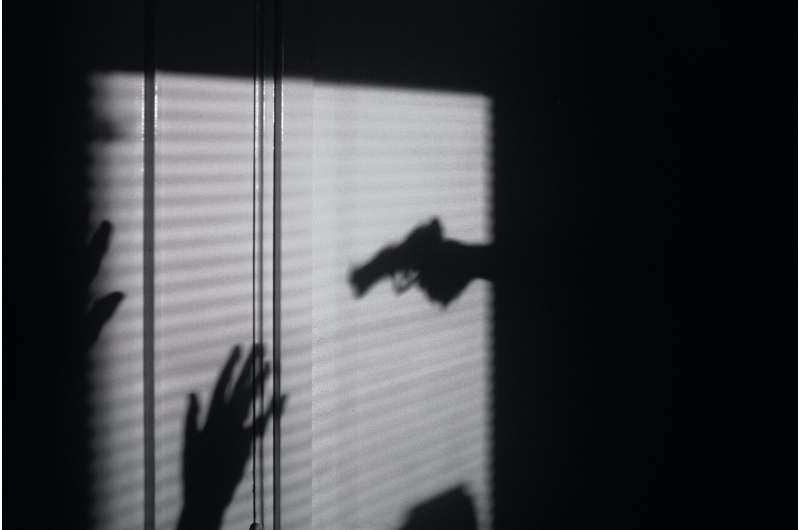GUN CONTROL WORKS
Delay laws on firearms purchases save lives

Legislation that enforces a 'cooling off' period between purchasing and acquiring a firearm reduces impulse purchases. It also limits the number of homicides, especially in the domestic sphere. This is demonstrated by behavioral economist David Schindler of Tilburg University on the basis of a quantitative study in various U.S. States. The publication will appear in the journal Review of Economics and Statistics.
Peak in weapon purchases
Schindler and his coauthor Christoph Koenig examined a six-month period in 2012 and 2013, when gun sales in the United States soared to unprecedented heights. The spike was caused by a dramatic shooting incident at Sandy Hook Elementary School and the re-election of president Barack Obama. As a result of these events, many Americans expected stricter gun laws. To get ahead of these, they pre-emptively bought guns. In 35 of the U.S. states, these guns are sold directly over the counter, but in 15 other states, a delay has been deliberately built in between purchasing the gun and actually getting hold of it. This 'cooling off period' varies from two days to six months.
Impulsive buyers are deterred
Over a period of six months, the Tilburg researcher compared Google searches for firearm-related expressions, registered background checks for gun sales, and homicides across the United States. He found that there was equal interest in purchasing firearms in states with delay laws as in states without such laws, but that fewer weapons were eventually sold. This effect is visible with both a brief and a longer cooling-off period.These results led Schindler to believe that people who are prone to impulsive behavior postpone their gun purchase; for them it is less attractive to surrender money now, but only receive a gun in the future.
Fewer women killed at home
In addition to fewer arms purchases, delay laws also lead to fewer murders. Schindler found that states with delay laws had 2 percent fewer handgun-related homicides than states without delay laws. This means that in the period under review, in the 35 states without delay laws, about 200 murders could have been prevented if such laws had been in place. Victims of these 'extra' murders are mostly middle-aged women who were killed in their own homes after an argument. The results suggest that impulsive gun purchases can result in domestic violence, which delay laws have a somewhat dampening effect on.
Way out of the political deadlock
Schindler's research supports a conclusion from previous research: more guns lead to more murders. It also suggests a way out of a political deadlock in the United States: legislation that enforces a cooling-off period between purchase and possession of firearms limits the number of homicides without infringing on the right to bear arms, which is cherished by many in the U.S.
Gun control and homicides in the USA
More information: Christoph Koenig et al, Impulse Purchases, Gun Ownership, and Homicides: Evidence from a Firearm Demand Shock, The Review of Economics and Statistics (2021). DOI: 10.1162/rest_a_01106
Journal information: Review of Economics and Statistics
Provided by Tilburg University
No comments:
Post a Comment